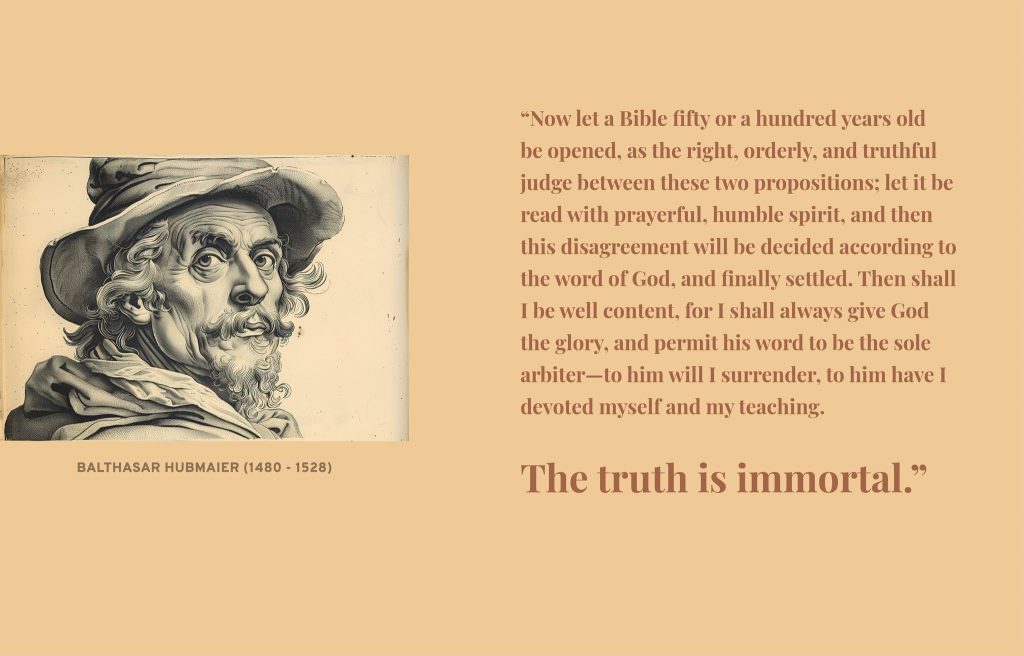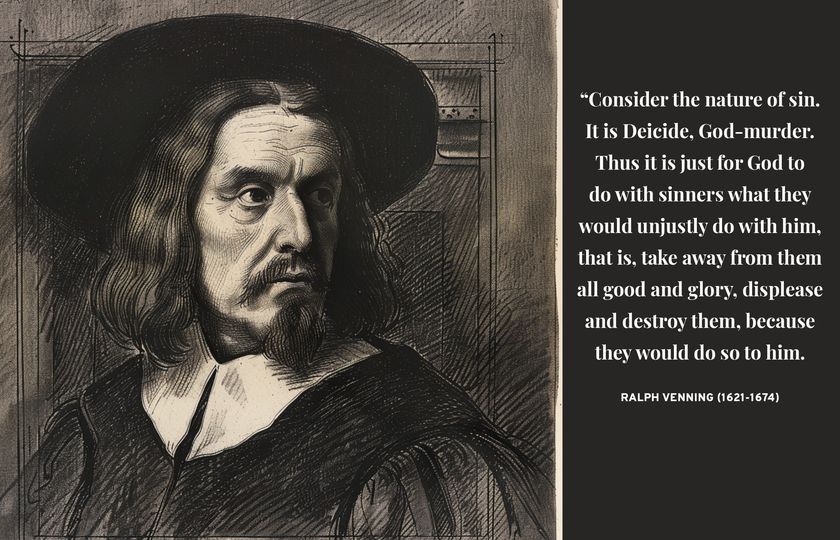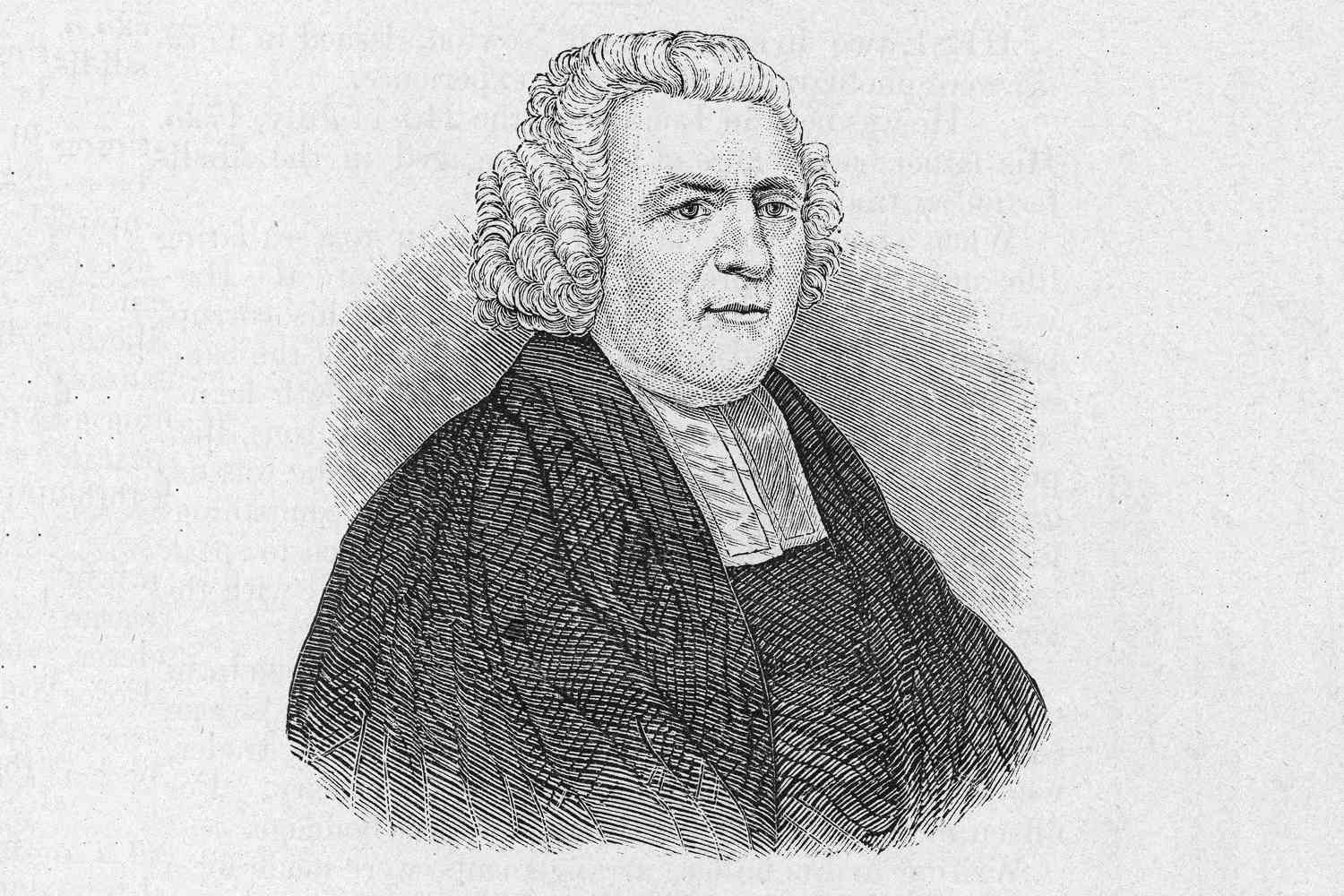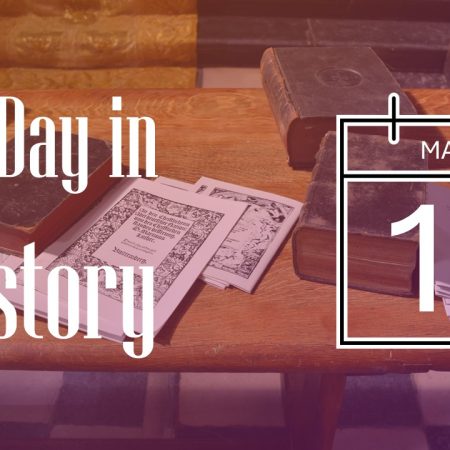1528
HT: Stagger and Reel
On this day, March 10th 1528, we remember Balthasar Hubmaier, a courageous theologian and reformer who lived and died for the Gospel of Jesus Christ.

Born into humble beginnings in Augsburg, Germany, Hubmaier rose to become a respected theologian, receiving his Master’s degree from the University of Freiburg and his Doctor of Theology degree from the University of Ingolstadt. He was profoundly influenced by his studies and interactions with figures like Eck and Erasmus.
Hubmaier’s journey to faith led him to reject the teachings of the Roman Catholic Church and embrace Protestant theology. He boldly proclaimed the truths of Scripture, challenging prevailing religious practices and advocating for believer’s baptism. Despite facing persecution and danger, he fearlessly continued his ministry, baptising thousands and authoring significant works like ‘On Heretics and Those Who Burn Them’ and ‘On the Christian Baptism of Believers.’
His commitment to truth and his refusal to compromise his convictions brought him into conflict with religious and political authorities, leading to his arrest and ultimately his martyrdom on March 10, 1528. His faithful wife, Elsbeth, shared in his suffering and was also martyred for her faith.
Hubmaier’s legacy lives on in the countless lives he touched through his preaching and writing. He exemplified true courage driven by conviction, accomplished much in his short life, and remained steadfast in his commitment to the Gospel.
Let us honour the memory of Balthasar Hubmaier, a forgotten but significant reformer whose theological contributions continue to shape the evangelical Church today.
1674
HT: Stagger and Reel
On this day, March 10th, 1674, we remember the life and legacy of Ralph Venning (c.1621-1674), a devoted nonconformist divine.

A son of Devon, educated at Cambridge’s Emmanuel College, Venning’s fervour for truth was ignited under George Hughes, a puritan vicar. He emerged as a powerful preacher, renowned for his charity sermons at St. Olave’s Church in Southwark.
Ejected by the Uniformity Act of 1662, Venning found solace alongside Robert Bragge, shepherding an independent congregation at Pewterers’ Hall. His eloquence, marked by delightful wordplay, enriched his numerous works, including “Orthodox Paradoxes” and “The Sinfulness of Sin.”
His passing left an indelible mark, commemorated in “An Elegy,” printed on a broadsheet. Yet, his voice echoes through his writings, challenging and edifying generations. As we honour his memory, may his commitment to truth and love for Christ inspire us all.
1747
On this day, March 10th, 1674, we remember the life and legacy of Ralph Venning (c.1621-1674), a devoted nonconformist divine.
A son of Devon, educated at Cambridge’s Emmanuel College, Venning’s fervour for truth was ignited under George Hughes, a puritan vicar. He emerged as a powerful preacher, renowned for his charity sermons at St. Olave’s Church in Southwark.
Ejected by the Uniformity Act of 1662, Venning found solace alongside Robert Bragge, shepherding an independent congregation at Pewterers’ Hall. His eloquence, marked by delightful wordplay, enriched his numerous works, including “Orthodox Paradoxes” and “The Sinfulness of Sin.”
His passing left an indelible mark, commemorated in “An Elegy,” printed on a broadsheet. Yet, his voice echoes through his writings, challenging and edifying generations. As we honour his memory, may his commitment to truth and love for Christ inspire us all.
HT: Banner of Truth

John Newton was born in 1725 in London. His mother who was a godly woman and who taught him to pray as a child, died when he was only seven years old. He had only two years at school and at the age of eleven his father, who was a Sea-Captain, took him to sea for the first time. His sea-faring life is well known….and included being wrecked, becoming the Captain of a Slave-Trade Ship, and also a slave himself to a black woman on the Guinea coast. He was rescued by a friend of his father who was a ship’s captain as well. Newton lit a fire of driftwood on the shore to attract the attention of any passing ship. In the providence of God, this friend of his father, who was searching for him, sent a long-boat ashore to investigate, and John was rescued. He was on this ship returning across the Atlantic, when it encountered a great storm which was threatening to engulf it.
This took place on the 10th March 1748. ‘That 10th of March’, says Newton, “is a day much to be remembered by me; and I have never allowed it to pass unnoticed since the year 1748. For on that day the Lord came from on high and delivered me out of deep waters.”
The storm was terrific: when the ship went plunging down into the trough of the sea few on board expected her to come up again. The hold was rapidly filling with water. As Newton hurried to his place at the pumps he said to the captain, “If this will not do, the Lord have mercy upon us!” His own words startled him. “Mercy!” he said to himself in astonishment, “Mercy! mercy! What mercy can there be for me? This was the first desire I had breathed for mercy for many years!” About six in the evening the hold was free from water, and then came a gleam of hope. “I thought I saw the hand of God displayed in our favour. I began to pray. I could not utter the prayer of faith. I could not draw near to a reconciled God and call him Father. My prayer for mercy was like the cry of the ravens, which yet the Lord does not disdain to hear.”
“In the gospel,” says Newton, “I saw at least a peradventure of hope but on every other side I was surrounded with black, unfathomable despair.” On the peradventure of hope Newton staked everything. He sought mercy – and found it.
